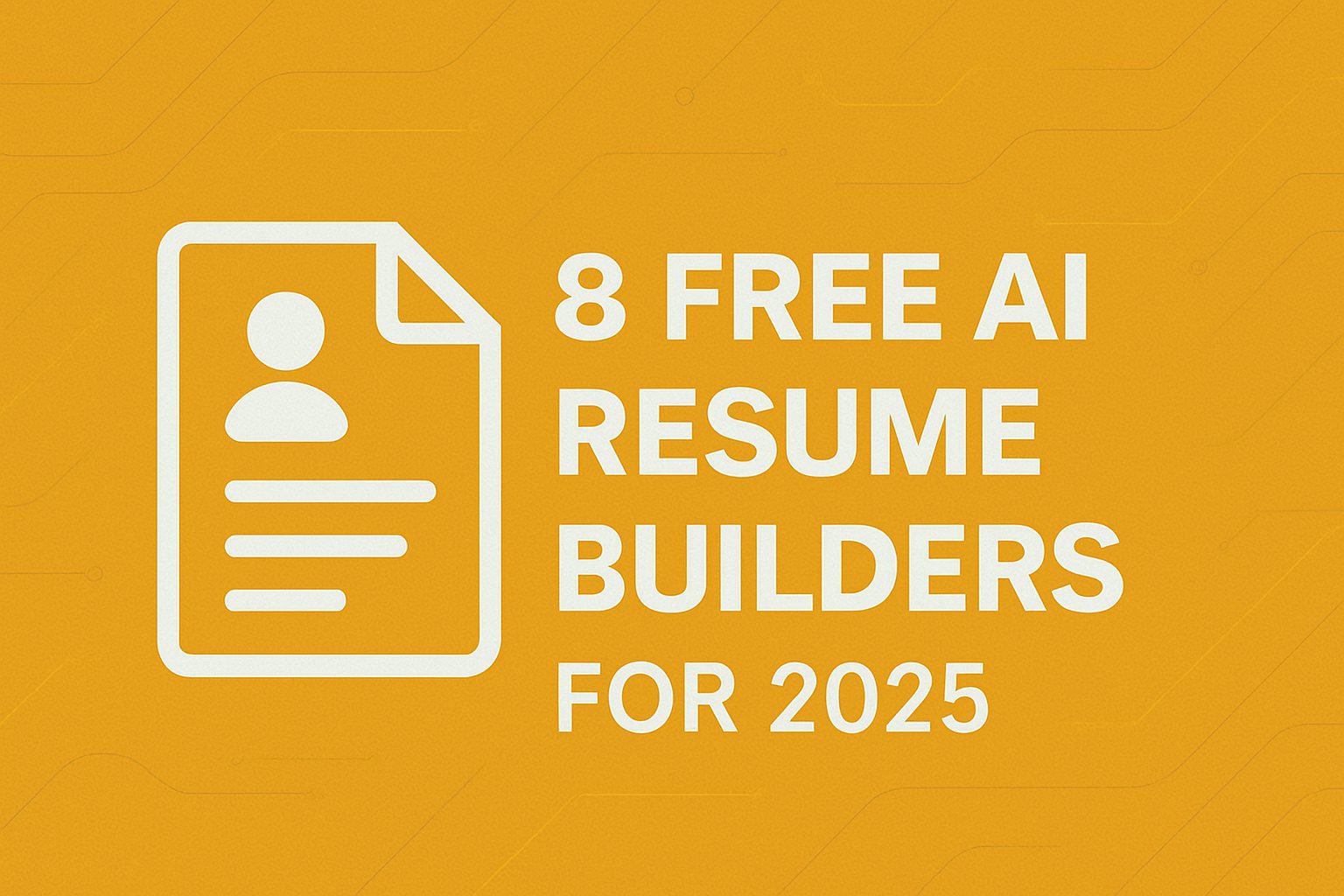Introduction: Why Career Transitions Are More Common Today
Career transitions are no longer a rarity; they’ve become the norm. With shifting economic landscapes, technological advancements, and evolving personal goals, many professionals find themselves seeking new opportunities outside their original fields. Whether you’re looking for more fulfillment, a better work-life balance, or a fresh challenge, career transitions offer a chance for reinvention. But, as exciting as it sounds, the path can be daunting. In this article, we’ll explore how to effectively make a career transition while minimizing risks and maximizing success.
Recognizing the Need for a Career Change
Signs It’s Time for a Transition
Sometimes, you just know when it’s time for a change. Are you feeling stuck, bored, or unchallenged in your current role? Do you dread Mondays more than usual? These signs can indicate that you’re no longer passionate about your work. Other factors could be burnout, lack of growth opportunities, or the desire for better alignment with your values.
Personal and Professional Motivations
Your reasons for a career change may stem from both personal and professional desires. Whether it’s a longing for a higher salary, flexible hours, or work that aligns with your passions, understanding your motivation is the first step in successfully transitioning.
Assessing Your Current Skillset
Identifying Transferable Skills
When shifting careers, it’s essential to recognize the skills that can carry over. Soft skills like communication, problem-solving, and leadership are often applicable across industries. Technical skills, while more specific, can also translate if adapted correctly.
Gaps Between Current Skills and Desired Industry
However, some gaps may exist between what you know and what the new industry demands. Identifying these early helps you prepare for the transition more effectively.
Researching New Career Paths
Exploring Industries with Growth Potential
Not every career transition leads to better prospects. Some industries are shrinking, while others are booming. It’s essential to research industries that offer growth potential and opportunities for advancement.
Speaking to Industry Experts and Mentors
A crucial part of your research should involve speaking to those already in the field. Mentors, industry experts, or even informational interviews can provide valuable insights into your target career path.
Gaining New Skills for the Transition
Formal Education vs. Self-Learning
Depending on the career you want to move into, you may need additional education. Whether this means formal degrees, certifications, or self-taught skills through online courses, continuing your education is essential for making the leap.
Leveraging Online Courses and Certifications
Platforms like Coursera, LinkedIn Learning, and Abekus offer accessible ways to upskill. Many of these courses also provide certifications, which can help boost your resume.
Networking During Career Transition
Rebuilding and Expanding Your Professional Network
When switching fields, your existing network might not be sufficient. You’ll need to expand your connections to include people in the industry you’re entering.
Using LinkedIn and Other Platforms
LinkedIn is a powerful tool during a career transition. You can connect with professionals in your desired industry, participate in relevant groups, and even find job opportunities.
Creating a Transition Plan
Setting Realistic Short-Term and Long-Term Goals
A successful career transition doesn’t happen overnight. Breaking it down into short-term and long-term goals allows you to make steady progress without feeling overwhelmed.
Breaking Down the Transition into Manageable Steps
Start by mapping out clear steps that lead to your goal. For example, gaining a specific skill, expanding your network, or applying for a particular role can be broken down into smaller tasks.
Updating Your Resume and LinkedIn Profile
Highlighting Relevant Experience
Tailoring your resume to focus on transferable skills and relevant experience is critical. Even if your previous roles were in a different industry, emphasize the accomplishments that align with your new career.
Tailoring Your Resume for New Job Opportunities
Every job posting is unique, so tailor your resume to reflect the skills and experiences the employer is seeking.
Managing the Emotional Aspects of Career Transition
Embracing Uncertainty and Building Confidence
Career transitions often bring feelings of uncertainty. Acknowledge those fears but remain focused on the benefits. Building confidence through self-awareness and preparation will ease the anxiety.
Dealing with Setbacks and Rejections
Expect setbacks along the way. Whether it’s a rejection or a delayed timeline, resilience is key. Every “no” brings you closer to a “yes.”
Financial Planning for Your Career Change
Budgeting for Income Gaps
Switching careers might mean a temporary decrease in salary or a period of unemployment. Planning for these income gaps will prevent financial strain during the transition.
Investing in Professional Development
Consider investing in professional development courses, certifications, or seminars that will make you a more competitive candidate.
Applying for Jobs in Your New Career Path
Targeting Companies Open to Career Changers
Look for companies that value diverse experiences. Some organizations explicitly seek career changers for the fresh perspective they bring.
Preparing for Interviews in a New Industry
Prepare thoroughly for interviews by anticipating questions about your career transition and demonstrating how your skills will benefit the company.
Making the Transition Smooth at Your New Job
Proving Yourself in the First 90 Days
The first few months in your new role are critical. Show your dedication, eagerness to learn, and ability to contribute meaningfully to the team.
Continuously Learning on the Job
Even after the transition, the learning doesn’t stop. Staying open to new knowledge will keep you on the path to success.
Measuring Your Success After the Transition
Setting Performance Metrics for Yourself
Once in your new role, set performance metrics to track your growth. This could be personal milestones or feedback from supervisors.
Seeking Feedback from Peers and Supervisors
Constructive feedback from your peers and supervisors can guide your growth in the new role.
Embracing Lifelong Learning in Your New Career
Staying Updated with Industry Trends
Your career transition might be complete, but your professional development never is. Stay updated with the latest industry trends to remain competitive.
Investing in Long-Term GrowthContinue to invest in skills that will help you advance in your new career. Whether it’s management training or further certifications, never stop growing.
Conclusion: Your Journey of Career Reinvention
Career transitions are challenging, but they are also immensely rewarding. With the right mindset, plan, and support, you can navigate your career change successfully and thrive in your new path.
FAQs
- What is the most challenging part of a career transition? The most challenging part is often the uncertainty and fear of the unknown. It requires stepping out of your comfort zone and being open to learning new things.
- How do I know when it’s time for a career change? If you feel unfulfilled, stagnant, or are no longer passionate about your work, it may be time to explore new opportunities.
- Do I need formal education to transition into a new career? Not always. While some fields require formal education, many allow for self-learning and online certifications.
- How can I gain experience in a new field before switching careers? Volunteering, internships, or side projects in your desired field can help you gain experience and build relevant skills.
- What should I include in my resume when transitioning careers? Focus on transferable






